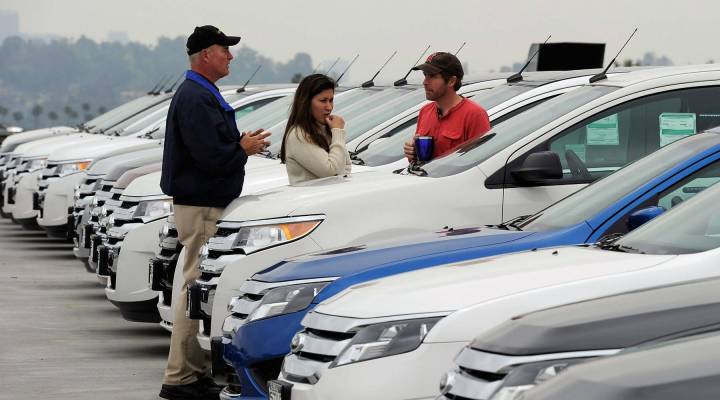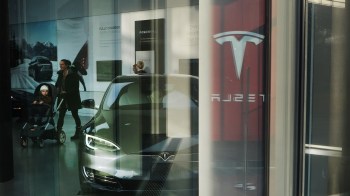
Pandemic shifts people’s feelings about owning a car
Pandemic shifts people’s feelings about owning a car

Doug Gordon lives in Brooklyn, New York. He never really saw the need for a car before, but now, he and his family are considering getting one to escape the city.
That’s not hugely surprising, until you learn Gordon is host of a popular podcast all about the downsides of cars.
“If someone like me, who literally hosts a podcast called ‘The War on Cars,’ is entertaining the idea of getting a car, certainly then people who are not as well versed in a lot of the issues and problems surrounding automobile use in cities, they’re probably thinking of it too,” he said.
There’s new data to back that up. A survey, due out Tuesday from CarGurus, looks at consumer sentiment around vehicle buying.
Madison Gross is director of customer insights at CarGurus, and she said that before the pandemic, a lot of the talk was about the end of personal car ownership.
“But right now, all of the data I see is really indicating in the opposite direction, where cars are more relied upon,” she said.
The numbers show that 39% of people planning to buy cars are looking to avoid ride-sharing, and 44% of them say they want to decrease or stop public transit use.
When people do return to offices, this could increase. Michael Simon is from Elucd, a research firm that has surveyed Americans on transit and returning to work.
“Forty-four percent of people who take public transit to work cited that fact, cited public transit as their top concern about returning to the office,” he said.
Just to add to the anecdotal evidence, Simon is another previously car-free Brooklyn resident — and he’s just leased a car.
But Rebecca Lindland has been an auto industry analyst for long enough to have seen previous trends come and go, like in 2008, when people started buying small, fuel-efficient cars.
“That only lasted two to three months, and then people went back to buying a vehicle that suited their wants and needs,” she said.
She added that if public transit starts looking more convenient, and parking and traffic become tough, then the shine might fade from private car ownership.
There’s a lot happening in the world. Through it all, Marketplace is here for you.
You rely on Marketplace to break down the world’s events and tell you how it affects you in a fact-based, approachable way. We rely on your financial support to keep making that possible.
Your donation today powers the independent journalism that you rely on. For just $5/month, you can help sustain Marketplace so we can keep reporting on the things that matter to you.


















